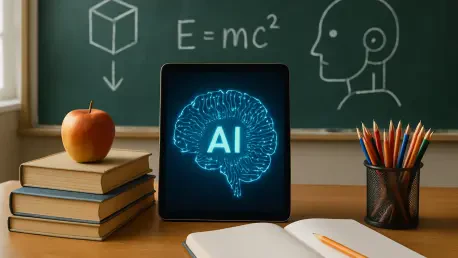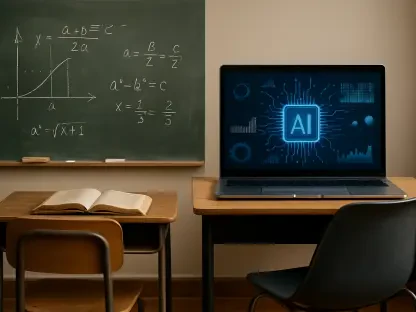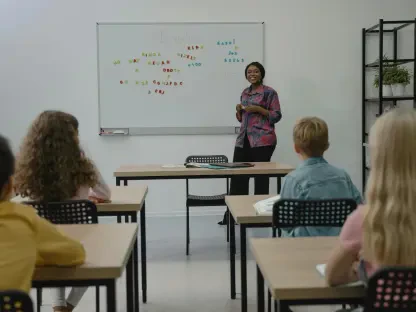Artificial intelligence is causing a seismic shift in K-12 education across the nation. With a formidable $23 million investment, influential educators and tech giants have embarked on a mission to integrate AI into classrooms, aiming to enhance teaching methodologies and learning experiences. Yet, this ambitious venture prompts a pressing question: How will traditional education systems adapt to the digital revolution sweeping through society?
The Current Educational Landscape and AI’s Emerging Role
In today’s rapidly evolving technological era, AI is increasingly becoming an indispensable part of education. As socioeconomic trends and technological advancements reshape various aspects of society, traditional education systems face new challenges in keeping up. This initiative serves as a bridge to address a critical gap, aiming to equip educators with the necessary tools and skills to stay relevant in the digital age.
A Landmark Collaboration in AI and Education
A groundbreaking $23 million partnership between leading organizations aims to transform education by fostering AI integration. The United Federation of Teachers (UFT), the American Federation of Teachers (AFT), OpenAI, and Microsoft have joined forces to establish the National Academy for AI Instruction, which promises to make a significant national impact. Situated in downtown Manhattan, this academy will revolutionize AI education policy, drawing from New York City’s adaptive approach to incorporating AI technologies in schools.
Weighing the Impact and Concerns of AI in the Classroom
Randi Weingarten, President of the AFT, highlights the need to harness AI advancements rather than chase them haphazardly. Recent surveys by the Walton Family Foundation indicate that AI tools significantly reduce workload and improve educational outcomes. However, challenges such as data privacy and inherent AI biases remain pressing issues, raising concerns among experts about the ethical implications of these advancements.
Strategies for AI Integration in Education
Educators are encouraged to adopt practical strategies for seamlessly incorporating AI into their curricula. By embracing AI tools while adhering to ethical standards, teachers can enhance their instructional capabilities. Various pilot programs have shown successful integration, offering valuable models for educators nationwide seeking to navigate the intersection of traditional teaching and cutting-edge technology.
Reflections on the Future of AI in Education
Looking ahead, the investment in AI training holds the promise of transforming the educational landscape. By actively engaging in AI integration, stakeholders have paved the way for a future where advanced technology complements human instruction, fostering a more equitable and innovative educational environment. The educators and institutions at the forefront of this movement demonstrate a commitment to embracing progress while conscientiously addressing its inherent challenges.









